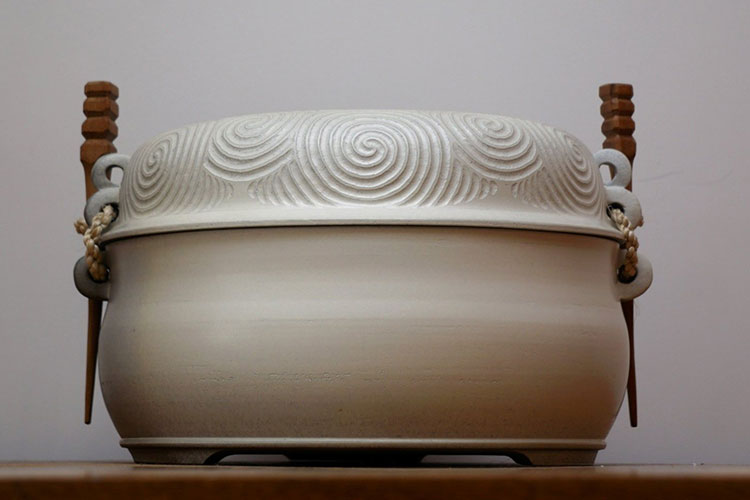In their quest to prioritise men's mental health and well-being, Te Wānanga o Aotearoa kaimahi, Tutakangahau Williams (Kaiarataki Ako Waiariki) and Linden Morris (Kaiwhakahaere Ako ki Tūkarere Tauranga) have pioneered and introduced a programme known as He Huinga Whatukura.
Its primary goal is to create a safe and nurturing environment for male employees to address important aspects of their wellbeing, including te taha tinana, te taha hinengaro, te taha whānau me te taha wairua.
Tutakangahau firmly believes in the programme’s significance, saying, "Our rōpū has a wide range of ages, backgrounds and face differing challenges, but we all support each other, and you can still be ‘tough’ and ‘vulnerable’ at the same time. There’s nothing stronger than that in my eyes to harness both Tū and Rongo. Healthier kaimahi make a healthier Te Wānanga o Aotearoa.”
With the rising concern for the wellbeing amongst tāne Māori, Tutakangahau says, “I see it as the duty of a responsible manager to do something like this for my staff as true Kaimahi Ora response.”
Tutakangahau talks about experiencing mental health issues of his own in recent years and he has seen the benefit of seeking help for this.
Tutakangahau approached Linden, who shared his vision and became a vital collaborator in turning this programme into a reality. Inspired by Māori mythology, Linden chose the name He Huinga Whatukura for the programme.
Linden explains that whatukura are the male god entities who dwell in the house of Rangiātea in the uppermost heaven of Tikitiki-o-rangi. The counterpart of the whatukura is the female māreikura who dwell in the house of Rauroha.
By alluding to ancient whare wānanga, or houses of learning, Linden highlights the importance of men coming together in a supportive and secure space to seek enlightenment.
Currently, 16 men are actively participating in He Huinga Whatukura, guided and supported by an external wellness coordinator.
The programme facilitates discussions on various topics, including work, family, relationships, health, and past traumatic experiences. Through these conversations, participants can share personal stories, exchange coping strategies, and offer support to one another.
Tutakangahau and Linden aim to inspire more men to join and experience the positive transformations witnessed thus far.
Tutakangahau and Linden say that the outcomes of He Huinga Whatukura have been very positive seeing the growth of certain individuals, others are less taumaha or burdened, and overall, the happiness and whakawhanaungatanga of the group has strengthened.
Through this pioneering programme, Tutakangahau and Linden have laid the groundwork for a healthier and more resilient community. They recognise the profound impact that a comprehensive focus on men's well-being can have on individuals, families, and society.




































